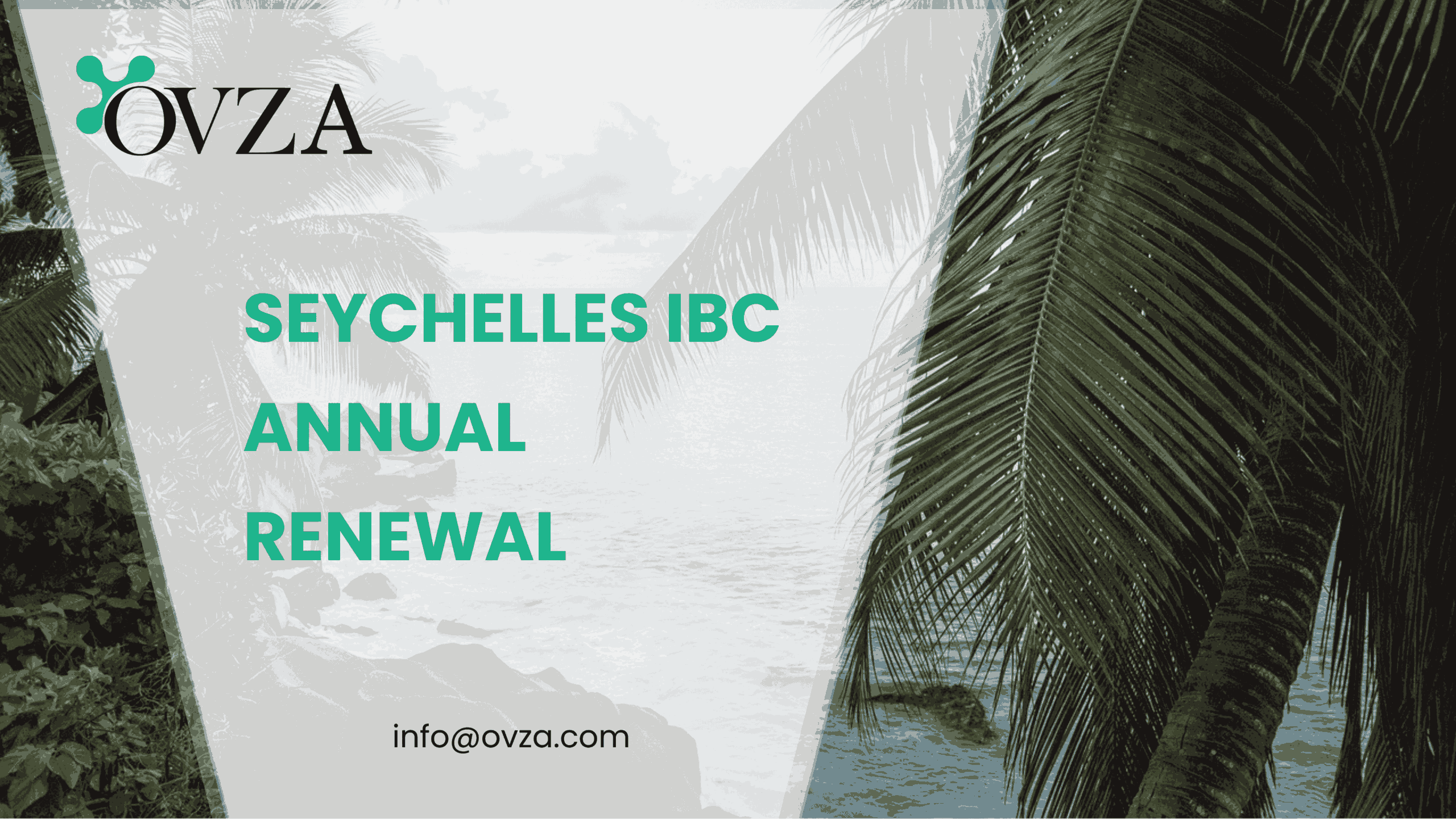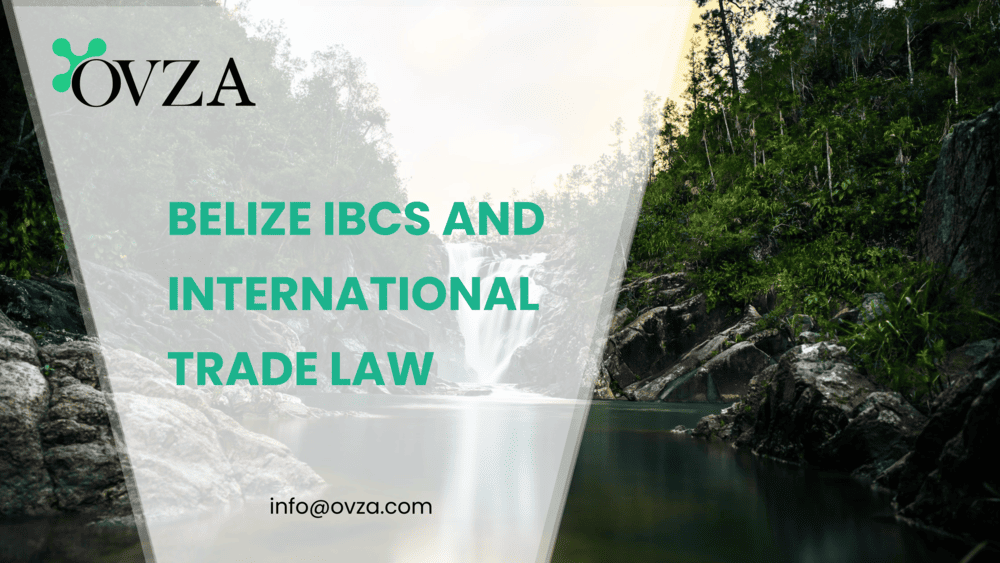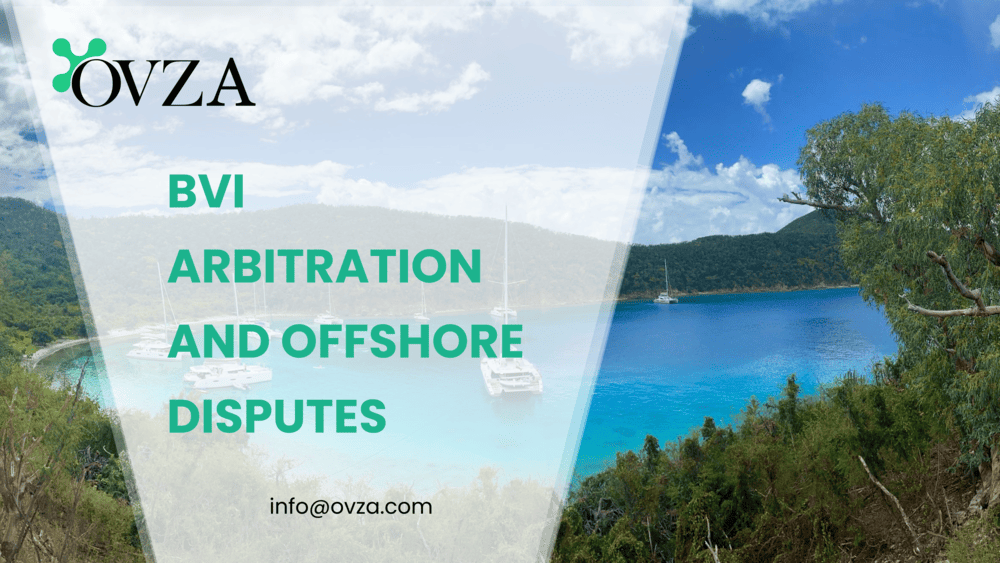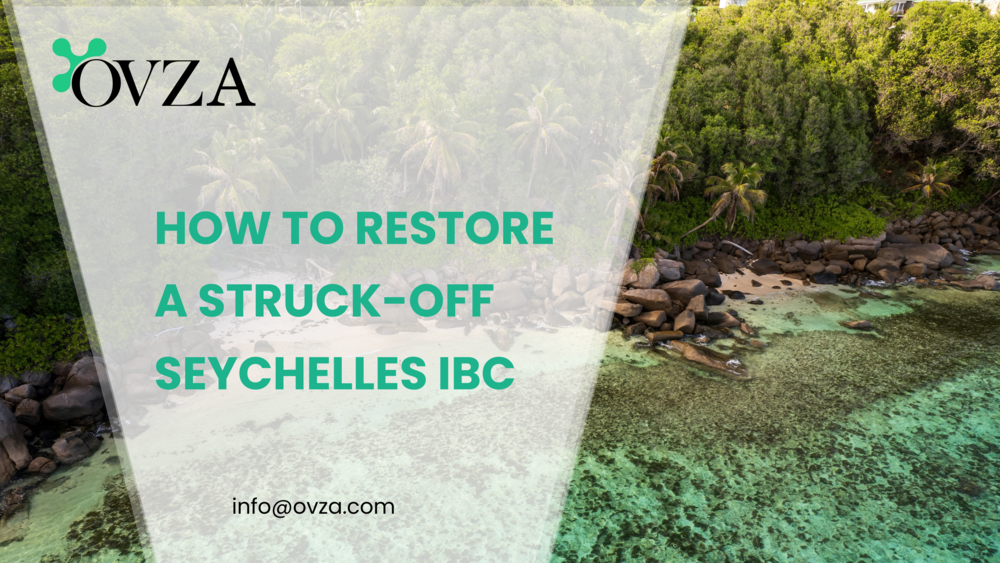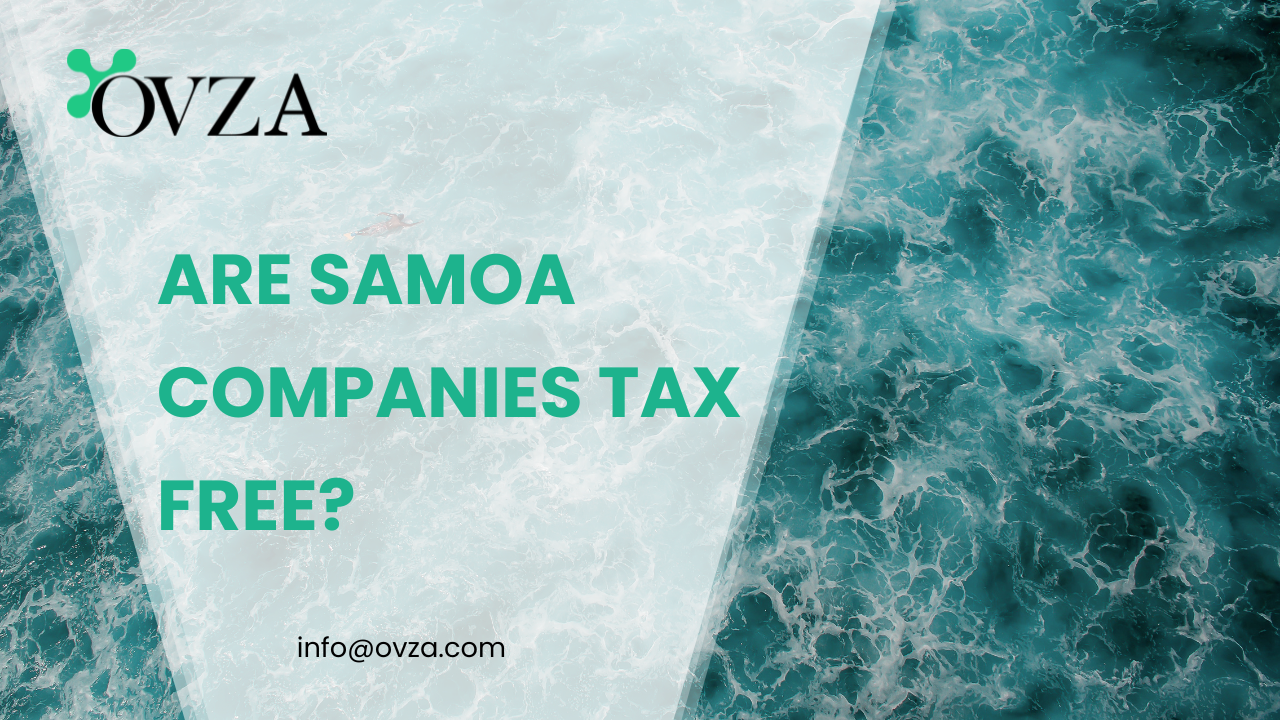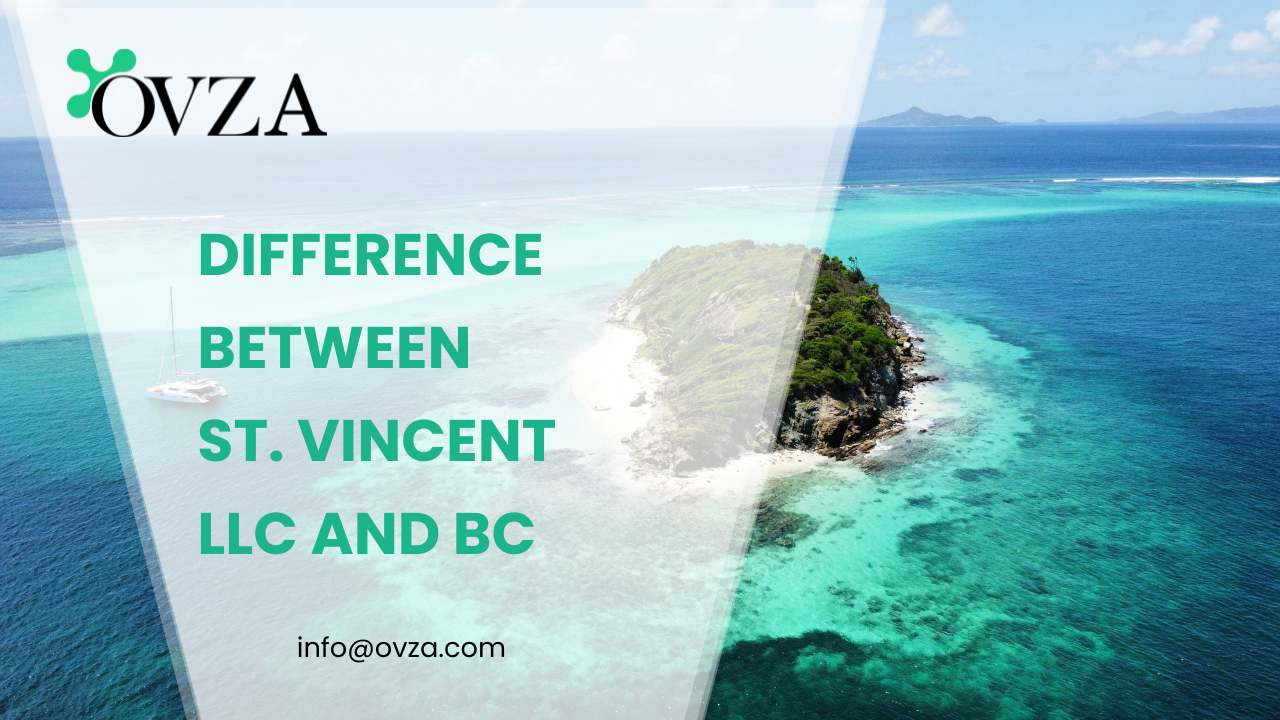Do offshore companies pay taxes? It’s one of the most searched—and most misunderstood—questions in the offshore world. The term offshore is often associated with tax-free operations, but the reality is more nuanced. Whether or not an offshore company pays taxes depends on several factors: the jurisdiction of incorporation, where the income is earned, the company’s structure, and where its management and control are exercised.
Offshore Doesn’t Always Mean Tax-Free
Many people assume that incorporating an offshore company means automatic tax exemption. While it’s true that several offshore jurisdictions—such as the British Virgin Islands (BVI), Seychelles, and Belize—do not impose corporate income tax on foreign-sourced income, that doesn’t mean offshore companies don’t pay taxes at all. In fact, under certain conditions, they might be required to file tax returns, comply with local reporting requirements, or even pay taxes in the owner’s home country.
So, do offshore companies pay taxes if all income is earned outside the jurisdiction of incorporation? In classic offshore jurisdictions with a territorial tax system, the answer is typically no. However, that doesn’t automatically exempt the company from tax obligations elsewhere.
When Offshore Companies Do Pay Taxes
So, do offshore companies pay taxes under international rules? The answer often hinges on where the company is actually managed and controlled. If an offshore company is incorporated in a zero-tax jurisdiction but is effectively run from a high-tax country, many tax authorities may consider it tax resident in that country under Controlled Foreign Corporation (CFC) rules or management and control tests.
For example, if you register a BVI company but operate it entirely from Germany or the UK—with all decisions, contracts, and employees based locally—then the offshore company may be taxed in those countries. In this case, yes, offshore companies pay taxes, not because of where they’re incorporated, but because of where they’re functionally operated.
You should also consider whether the offshore company is generating income inside a high-tax jurisdiction, even if it’s incorporated abroad. If an offshore company provides services to U.S. clients while having no real operations outside the U.S., then it may be liable for offshore company tax obligations under U.S. tax law.
Below are some countries where residents commonly register offshore companies, along with a summary of whether each jurisdiction has CFC rules and how they apply.
| Jurisdiction | CFC Rules in Place | Summary of CFC Application |
| United Kingdom | Yes | Applies if a UK resident controls a foreign company and the company pays less than 75% of UK tax. Exemptions for economic substance. |
| Germany | Yes | Applies if a German tax resident controls >50% of a low-taxed foreign company. Passive income attributed to the taxpayer. |
| France | Yes | Applies when French residents control foreign companies in low-tax jurisdictions. Passive income taxed unless active business is proven. |
| United States | Yes | Subpart F and GILTI rules apply to U.S. shareholders of CFCs. Complex reporting and attribution of undistributed income. |
| Canada | Yes | FAPI rules apply to Canadian-controlled foreign affiliates earning passive income. Taxable even if undistributed. |
| Australia | Yes | CFC regime applies to foreign companies controlled by Australian residents. Passive income taxed under attribution rules. |
| Japan | Yes | Japanese residents owning 50%+ of a low-taxed foreign company may face income attribution. Strict anti-abuse provisions apply. |
| Italy | Yes | If Italian residents control a foreign entity in a low-tax country, passive income may be taxed unless active business is shown. |
| Switzerland | No | Switzerland does not have formal CFC rules. However, anti-abuse doctrines and economic nexus rules may still apply indirectly. |
| Spain | Yes | CFC rules target Spanish residents controlling foreign companies taxed under 75% of Spain’s rate. Passive income is attributed. |
| Sweden | Yes | Applies if a Swedish resident owns >25% in a foreign company taxed below 55% of the Swedish rate. Exemptions for EU/EEA companies. |
Substance Requirements Are Changing the Rules
Increasingly, jurisdictions like the Cayman Islands, BVI, and Vanuatu require companies that conduct certain activities—such as banking, fund management, or IP holding—to have economic substance in the jurisdiction. That means real offices, employees, and local expenses. Failure to meet these requirements can result in fines, investigations, or disclosure of financial records to foreign governments.
And what does this mean for the original question: do offshore companies pay taxes? In cases where no substance is demonstrated, tax authorities may challenge the tax-free status and assert taxing rights over the offshore structure.
How to Stay Compliant and Avoid Unwanted Tax Exposure
By now, it’s clear that the question do offshore companies pay taxes doesn’t have a one-size-fits-all answer. It depends on jurisdiction, substance, and how the company is used.
To stay compliant, business owners should first understand the rules of both the offshore company’s country of incorporation and their personal tax residency. Even if the offshore company itself does not file taxes in its home jurisdiction, its owners might still need to declare foreign income or ownership under laws like the U.S. IRS Form 5471, the UK’s CFC rules, or the EU’s cross-border disclosure regimes.
That’s why understanding offshore company tax filing is essential. Filing might not always be required locally in tax-free jurisdictions—but it could be required internationally by the beneficial owner. In some cases, tax authorities look through the company and tax the individual behind it if reporting is missing or misleading.
So, do offshore companies pay taxes in 2025? If structured properly, and used only for non-local, non-resident activity, the answer can still be no—but only with full legal and reporting compliance. If misused or poorly structured, the answer becomes yes—and often with penalties.
Whether you’re forming a new structure or reviewing an existing one, it’s worth asking: do offshore companies pay taxes in my case? A tailored legal assessment can make the difference between a tax-saving tool and an expensive mistake.
Conclusion
So, do offshore companies pay taxes? The simple answer is: sometimes yes, sometimes no—it all depends on how and where the company is used. In many classic offshore jurisdictions, companies are not required to pay corporate taxes on foreign-sourced income. However, that doesn’t mean they are free from all tax obligations.
When offshore structures are managed or controlled from high-tax countries, or when they generate income within those countries, tax authorities may claim jurisdiction. Similarly, economic substance rules and offshore company tax obligations are becoming stricter around the world, especially in sectors like finance, IP, and digital services.
The best way to determine whether offshore companies pay taxes in your particular case is through a detailed review of your business activity, jurisdictional rules, and personal tax residency. Offshore structures remain a powerful tool—but only when they are structured legally, transparently, and strategically.
In the end, do offshore companies pay taxes? They can—but with proper planning, they don’t have to.
Disclaimer: The information provided on this website is intended for general reference and educational purposes only. While OVZA makes every effort to ensure accuracy and timeliness, the content should not be considered legal, financial, or tax advice.





